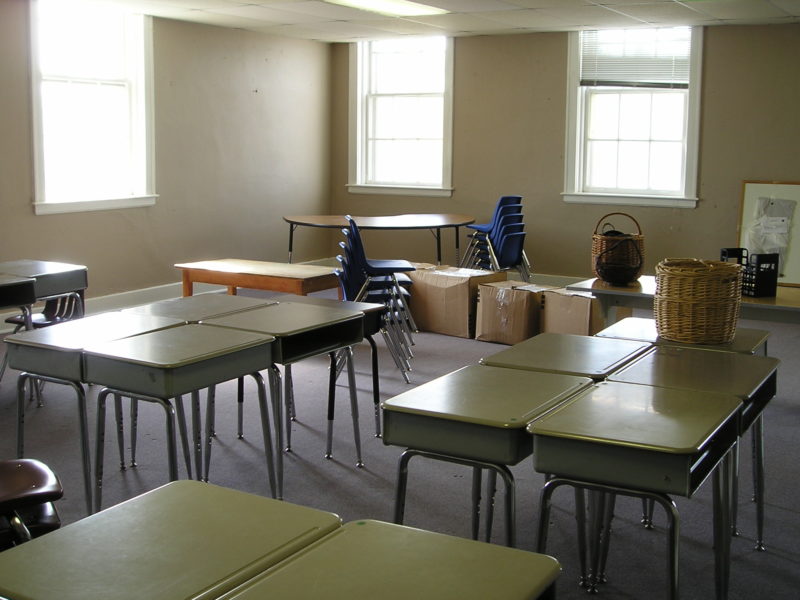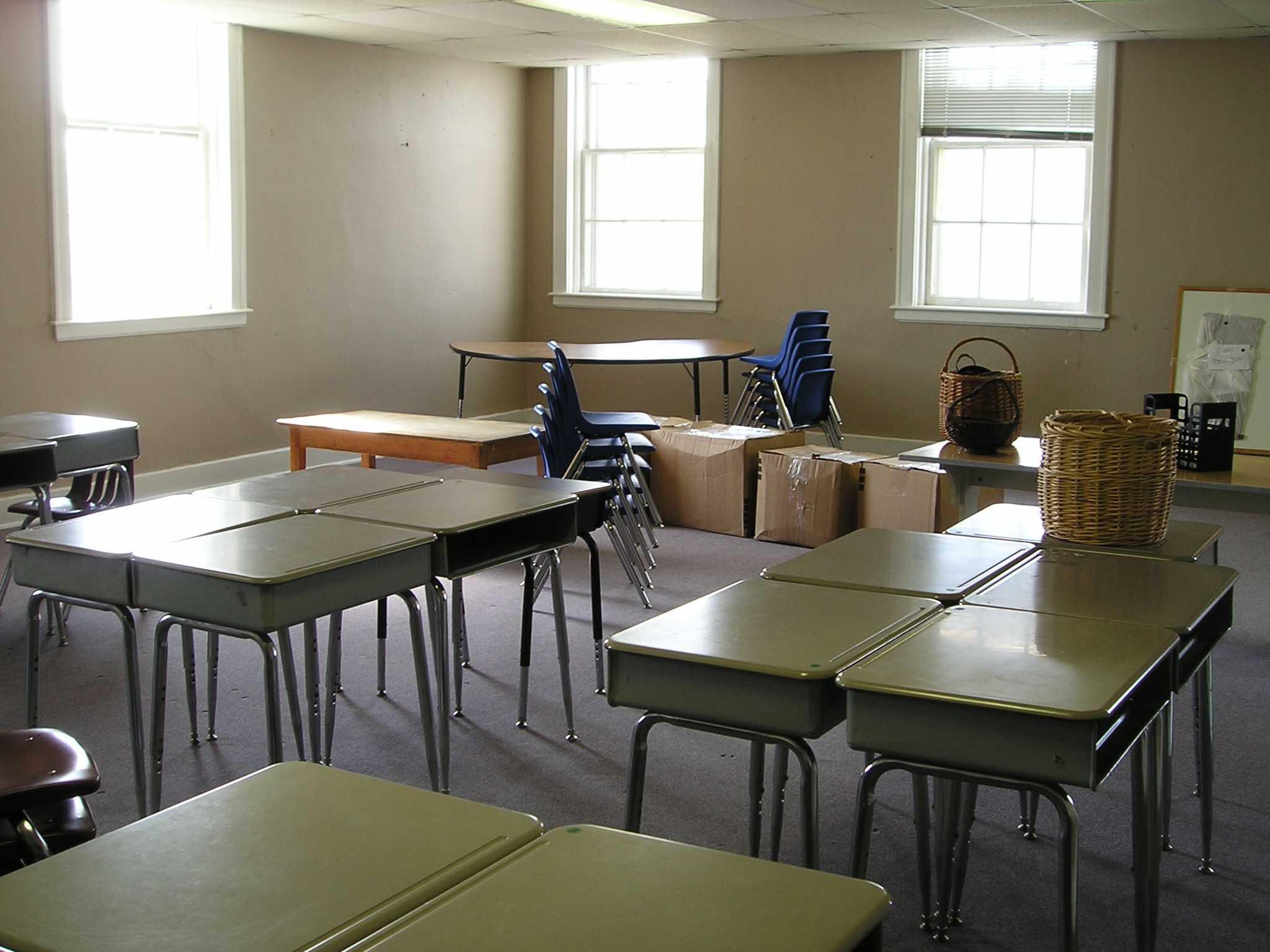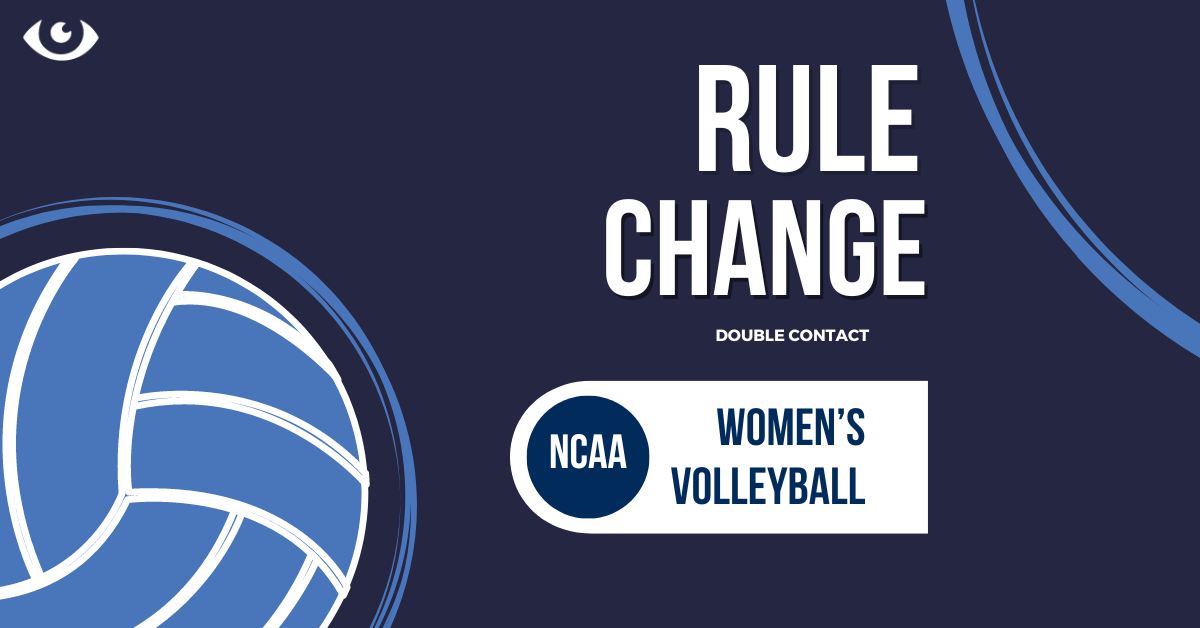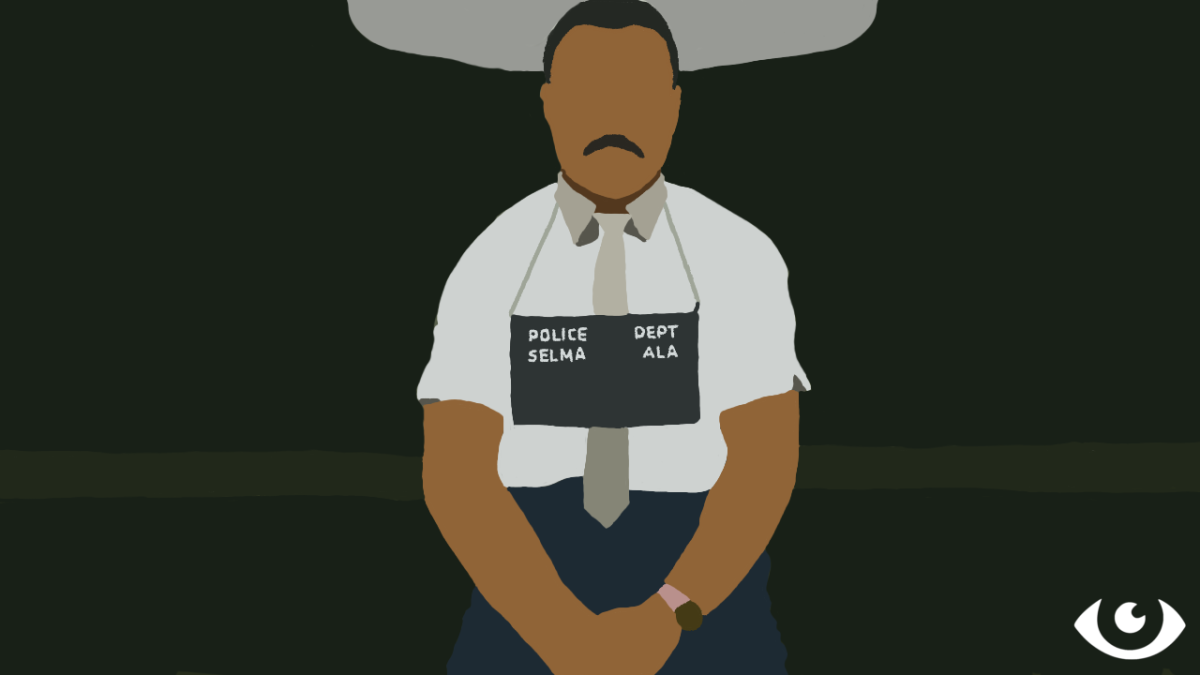
There are many dilemmas today’s youth face in schools: The struggle of balancing school work and a social life, avoiding peer pressure and the pressure to succeed. None of these problems, however, quite live up to the epidemic of prejudice.
Discrimination and racial tension are issues that will persist throughout many students’ lives: Prejudice due to race, ethnicity, religion, economic status, weight and even height are just a few of the factors that could cause someone to be treated unequally. Though this type of judgment can minimize capable people’s achievements and tear them down, exposure to these hardships isn’t always a bad thing.
Students will experience at least some form of prejudice throughout their entire lives, which is why it is helpful to learn about the phenomenon in a sterile rather than live environment. This would help students learn how to identify prejudice, understand its causes and symptoms, and gain the skills necessary to deal with it in a healthy, mature manner, which is an integral component of adult life that many young people are having a tough time grasping at the moment. An example might be a teacher speaking on their political beliefs and a student responding in a negative way due to their passion for the subject. While harmless, a classroom setting is not appropriate for a student to openly challenge a teacher on their thoughts of beliefs.
The only lifestyle classes currently offered in most high schools are life skills and relationships, foods and nutrition, and fashion. While students and admissions officers might dismiss these classes as ‘easy-As’, in reality they teach students many invaluable skills that they may not get in any other class, while at the same time letting the students come to big picture conclusions via their own thorough discussions and character development.
Character development is one of the most important things a student can learn in high school, which is one of the last chances available to us to learn these things before we have to fend for ourselves in the adult world, ready or not. Students are expected to have developed these skills by the time they enter college, and they generally won’t have the option of learning them in a classroom setting there. This sort of class should be mandatory for all students at some point in high school, because it teaches students how to interact and discuss topics they may not feel comfortable with. An example is when students must look into sexually transmitted infections, (STI’s) or when students must care for a fake baby for a week to get an idea of what teenage pregnancy is like.
My mother works in human resources, and everyday she tells me stories about how the people who report to her make simple mistakes because they are not trained properly in dealing with confrontation in the work force. People result to violence or harassment instead of alerting a superior or simply walking away from a bad situation, and these small mistakes cost them their job.
Such a class could teach empathy, humility, and communication, put students into situations where they are forced to respect other’s opinions. Agreement and submission are not the only ways students should be taught how to deal with problems. It’s important students know their rights not only in the school, but as citizens and humans outside of school, and they should be comfortable talking about these rights when they have been violated instead of taking up arms in an unprofessional way or submitting to them.
This idea could be implemented into the education curriculum in one of three ways. The first is by making it a standalone class, which has its own problems and hurdles to jump, and while it is foreseeable that several administrators would stand against this idea, it is possible to create a student panel to counteract them in favor of the class. Another way would be to have teachers attend a class, paid for by the education system where they learn how to increase student contribution and engagement in class regarding these issues. This idea could be raised in a board meeting or at the next SBDM meeting. My final idea would be to have college professors teach freshmen this necessary skill, much like the common core speech classes or English 101, this could be clumped in with a bachelor’s degree at the collegiate level, the only problem with this is that students who don’t attend college would miss out on the instruction of the class.
The best way to see a change is to act on it: I encourage you to write to your superintendent, teachers, counselors, deans, and principals inquiring about this being taught in classes for all students to benefit.




